Keeping our bones strong and healthy is essential as the years go by.
Regular activity is important but simple diet and lifestyle tweaks can make a difference too, explains editor Jane Garton.
A recent paper ‘Strong, Steady and Straight’ published in the British Journal of Sports Medicine[i] concluded that strengthening our postural muscles (the core muscles deep in the abdomen, pelvis and back) through high-load resistance or high-impact weight bearing exercises is important if we are to keep our bones healthy for life. This is especially essential as we grow older as bone health declines naturally after our 30th birthday – the age of 30 considered to be when most of us hit peak bone health.
In addition to resistance and weight bearing exercises, everyday activities such as dancing, jogging, and gardening are all good for your bones. But exercise is not the only thing. Diet, lifestyle tweaks and supplementation can also help.
What should we eat for strong bones?
Aim for a healthy balanced diet including the following:
Protein
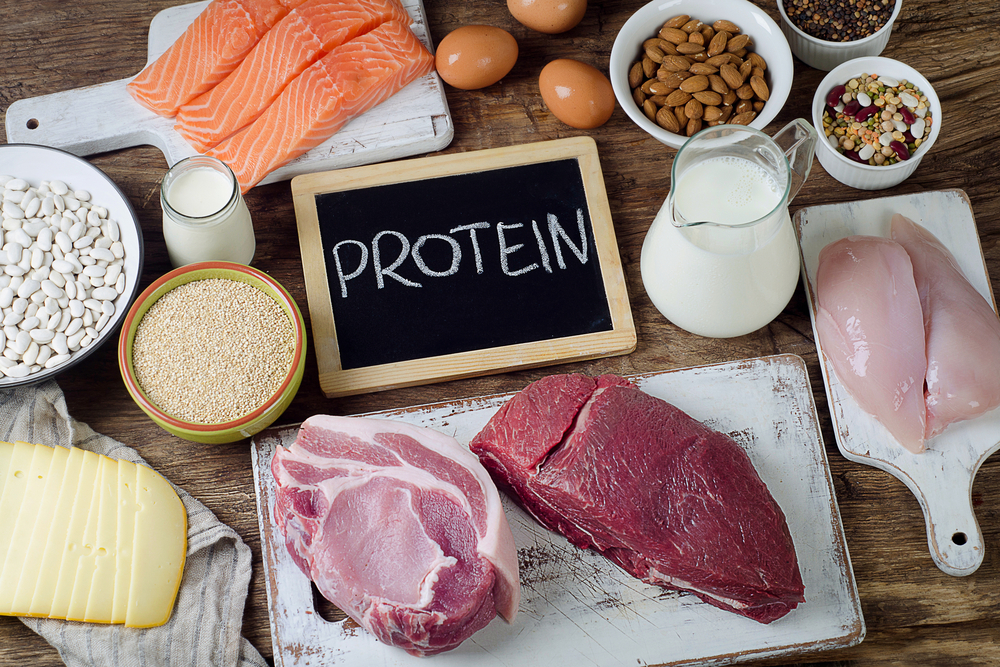
Good protein intake is essential for strong healthy bones. A simple rule of thumb is to include some protein (meat, fish, eggs, pulses, nuts) at every meal.
Fruit and veg
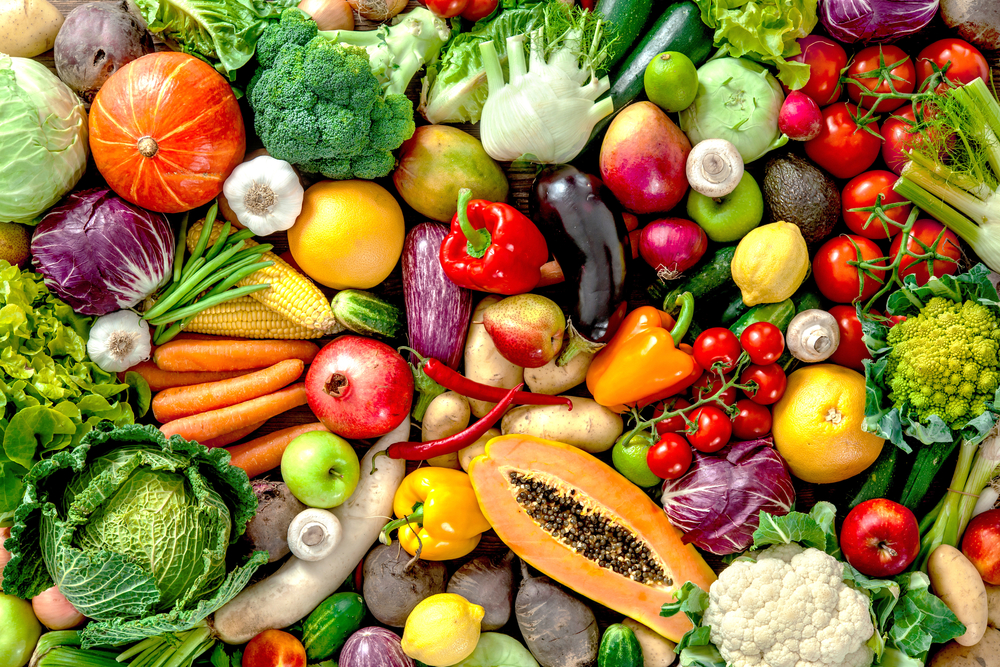
These are excellent sources of vitamins, minerals and plant chemicals needed for strong healthy bones. The more green foods you can include in your diet the better your bones will be.
Calcium
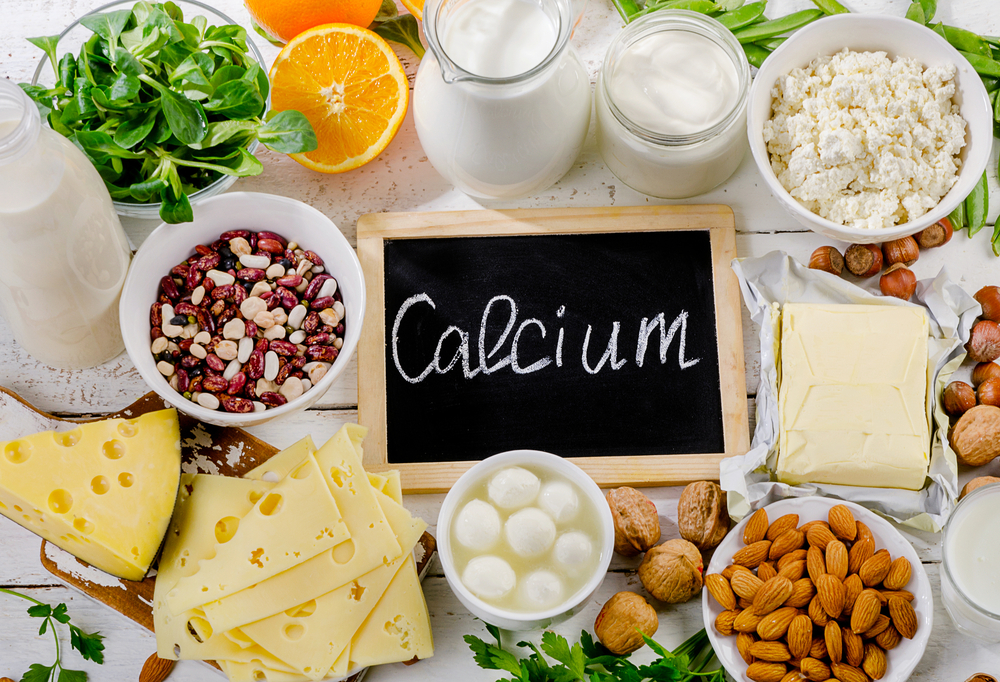
The main mineral in bone, calcium is mainly found in dairy foods such as milk, cheese, and yoghurt where it comes packaged with other important nutrients, including vitamin D, protein, potassium, and magnesium, which are needed for healthy bones.
Go for essential fats
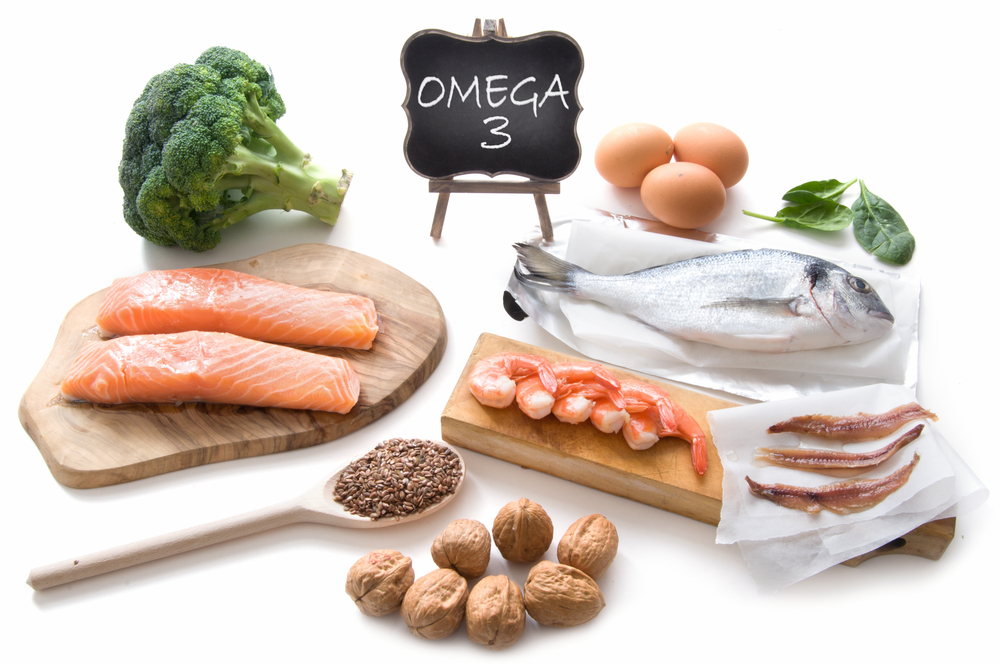
Research suggests that foods rich in omega-3 and omega-6 essential fatty acids seem to help absorption of calcium from the diet. Omega-3s are found in oily fish (mackerel, herring, salmon, sardines, and pilchards) and some cooking oils such as rapeseed and flaxseed. Good sources of omega-6s include sunflower and corn oil, almonds, green leafy vegetables, flaxseeds and wholegrain cereals.
Vitamin D
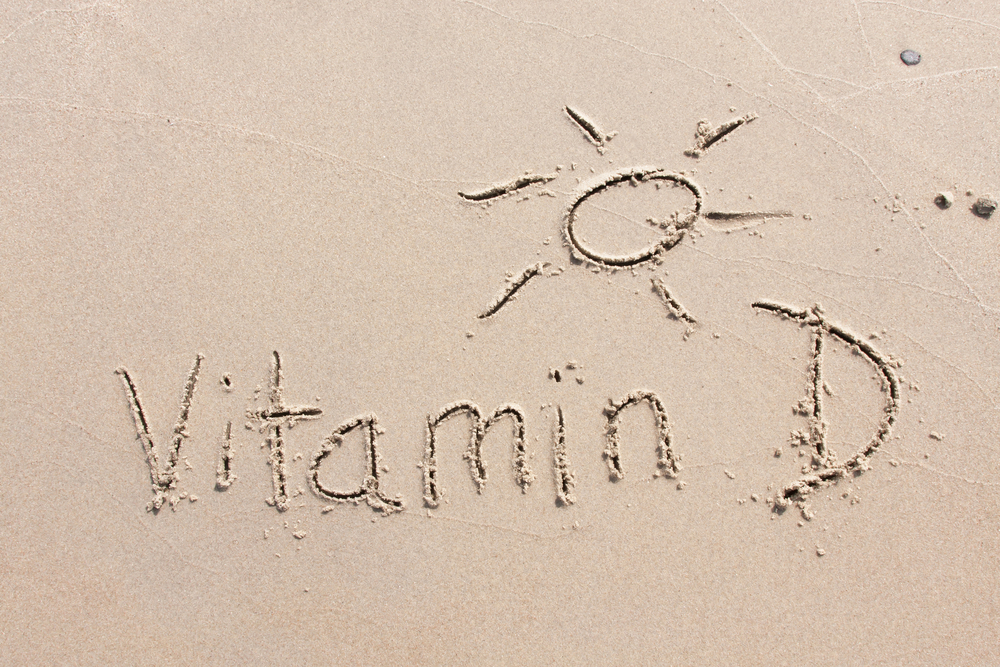
Vitamin D is made on the skin through exposure to sunlight in summer and is found in small amounts in some foods. It helps support bone formation and aids calcium absorption.
Oily fish such as salmon, sardines, herring, mackerel and fresh tuna, red meat, liver, egg yolks and fortified foods such as fat spreads and some breakfast cereals have small amounts of Vitamin D, but it is difficult to get enough from the diet alone.
Get some sunshine during the summer and consider taking a 10ug supplement of vitamin D between October and April when the sun is too low in the sky for our bodies to synthesise vitamin D from its rays.
Try to avoid:
Processed foods
Reduce to stop your intake of processed foods and try not to add extra salt to your meals: as you grow older a high-salt intake can increase the risk of osteoporosis.
Smoking
Smoking triggers a flood of rogue molecules that can attack bone-building cells.
Fizzy drinks
Fizzy drinks contain high levels of phosphate which can lead to a cumulative loss of calcium.
Too much alcohol
Drinking excessive amounts is thought to be a significant risk factor for osteoporosis and fractures. Alcohol appears to slow down the bone
renewal process, can slow down healing after a fracture and can also cause unsteadiness leading to falls and fractures (broken bones).
Manage your weight
Being too light or too heavy isn’t good for your bones. If you are underweight, you have less weight pulling down on your skeleton to keep your bones strong and being underweight can also affect the hormones and nutrition that your bones need. Overweight people tend to have more ankle and limb fractures.
[i] https://bjsm.bmj.com/content/early/2022/04/24/bjsports-2021-104634

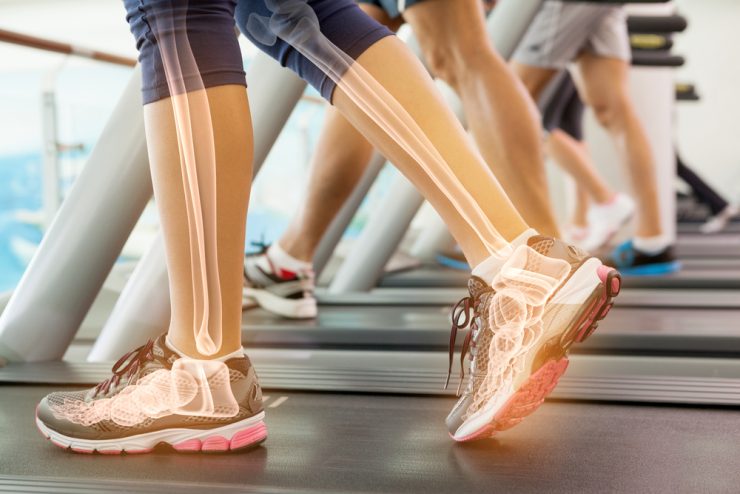


























Add comment